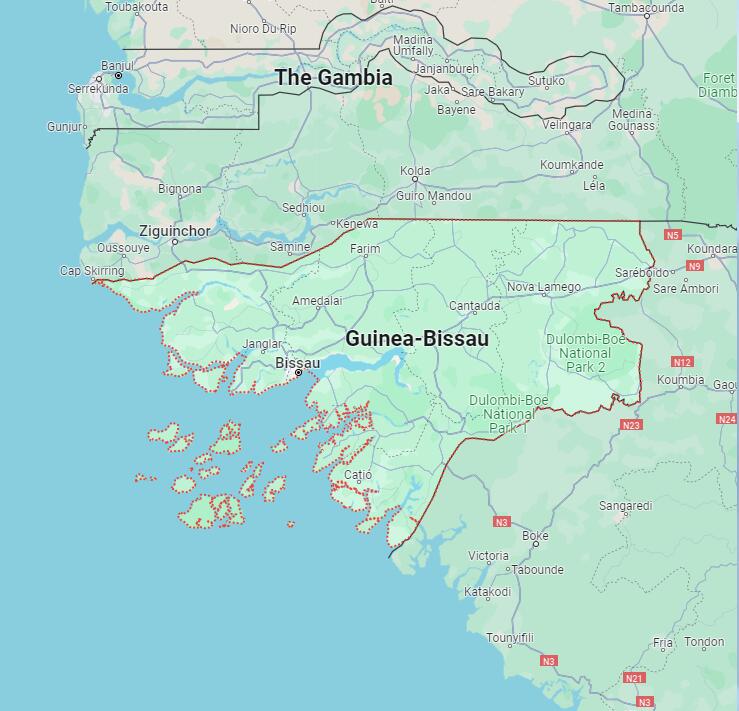Bissau is the capital city of Guinea-Bissau, a small country located on the west coast of Africa. The city is situated on the banks of the Geba River and has a population of around 400,000 people. Bissau is known for its vibrant culture, historic landmarks, and beautiful natural surroundings.
One of the most notable landmarks in Bissau is the Presidential Palace, a grand building that serves as the official residence of the President of Guinea-Bissau. The palace is located in the heart of the city and is surrounded by lush gardens and a large plaza. Another important landmark is the Bissau Velho, a historic neighborhood that dates back to the Portuguese colonial era. This neighborhood is home to a number of beautiful colonial buildings and is a popular destination for tourists and locals alike.
In terms of education, Bissau is home to a number of notable institutions, including the University of Bissau, which has two campuses in the city. The university is known for its programs in law, economics, and social sciences, and has a number of notable alumni. Additionally, Bissau is home to several primary and secondary schools, including the Lycée Français Victor Hugo, which is a French international school.
Like many cities, Bissau has a number of abbreviations that are commonly used in official documents and everyday conversation. One of the most important abbreviations is PAIGC, which stands for the African Party for the Independence of Guinea and Cape Verde. This political party was founded in Bissau in 1956 and played a major role in the country’s struggle for independence. Another important abbreviation is UDG, which stands for the Democratic Guinea-Bissau Union. This is a political party that was founded in 1994 and is currently one of the largest political parties in the country.
Another important institution in Bissau is the National Institute of Studies and Research, which is abbreviated as INEP. This institution is responsible for conducting research and providing education and training in a variety of fields, including agriculture, economics, and social sciences. The National Bank of Guinea-Bissau, which is abbreviated as BDN, is another important institution in the city. This bank is responsible for regulating the country’s financial system and is a key player in the economy.
In terms of transportation, Bissau has a number of options for getting around the city. The most common mode of transportation is the minibus, which is a small van that can carry up to 15 passengers. The minibus system is not regulated, and there are no official routes or schedules, but it is an affordable and convenient way to get around the city. Bissau also has a number of taxis, which are more expensive but offer a more comfortable and reliable option for transportation.
Overall, Bissau is a vibrant and culturally rich city that is home to a number of important institutions and landmarks. Its abbreviations reflect its political, educational, and financial institutions, and are an important part of the city’s administrative processes. Whether you’re interested in history, culture, or simply exploring a new place, Bissau is a city that is definitely worth a visit.



